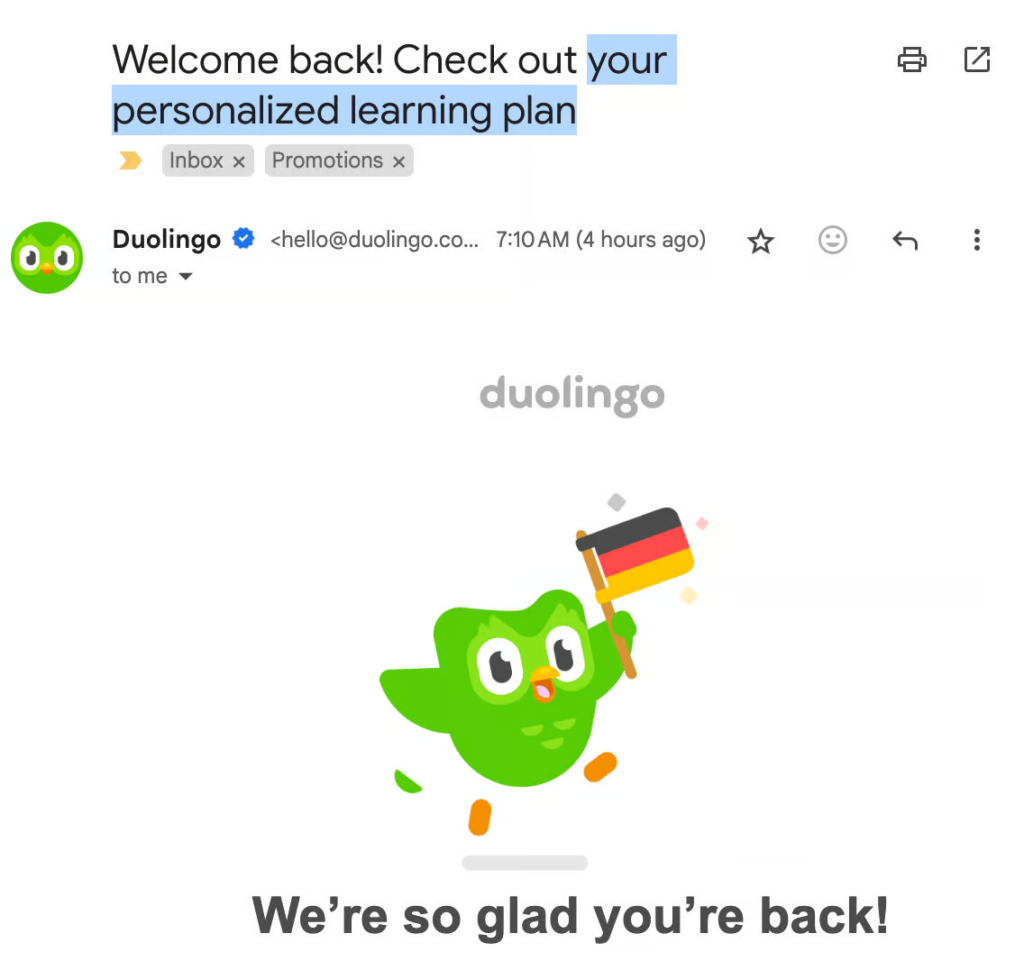Roadschoolers, Rebels & Rooftop Classes
Welcome back to the weekly edition of OpenEd Daily!
💡 THOUGHTS
What Comes First: The Lessons or the Test?
Life itself is often our greatest teacher. Some call it the school of hard knocks – we just call it life. Traditional education often starts with lessons before testing knowledge, but real-world learning often works in reverse.
Try Different, Not Harder
When our kids struggle, our first instinct is often to say “try harder.” But OpenEd VP of Learning Andrea Fife suggests a different approach: “If what you’re doing isn’t working, don’t just try harder – try something different.”
You Won’t Ruin Your Kids
After homeschooling six kids over two decades, Sandy Grant shares a vital message for anxious parents: “No matter what curriculum you’re using, no matter whether you’re an unschooler or an online schooler, whatever you’re doing, as long as you keep trying, you won’t ruin your kids.”
📊 TRENDS
The Tutoring Boom
Over half of tutoring centers cluster in the wealthiest 20% of school districts. But new alternatives are democratizing access: online platforms, AI tutors like Khanmigo, and community learning pods where families pool resources and expertise.
The New Math
States are counting coding as math credit. It’s opening doors for students who struggle with traditional math – turning abstract formulas into practical problem-solving through computer science.
The Rise of “Roadschooling“
The Douse family turned Spain into their classroom. Morning academics, afternoon adventures: surfing for PE, market visits for Spanish practice, architecture tours for art history. The world is becoming the new classroom.
The New Career Navigation Crisis
Today’s students face endless career possibilities but minimal guidance. With counselors averaging 408 students each, schools can’t keep up. Sierra College’s solution: mapping local job data directly to course offerings, showing students exactly where their education leads.
⚒️ TOOLS
Khanmigo: Your AI Study Buddy
Khan Academy’s new AI tutor guides without giving answers away. It walks students through problems step-by-step, supports writing processes, engages in debates, and even role-plays historical figures. Unlike generic chatbots, it’s built specifically for learning.
The Attention Span Calculator
Quick rule: multiply age by 5 minutes for maximum focus time. But you can double it with engaging content. Add movement or music, remove distractions, rate task difficulty together, and take body breaks between sessions.
The “Translation Method” for Transcripts
Turn real-world learning into academic credits. Nature journaling becomes “Biology with Lab,” Civil War reenactments become “U.S. History.” Pro tip: save creative course names for family records, use conventional titles for official documents.
The Four-Hour School Day [WATCH]
Strip away the busywork and most core academics fit in 4 hours. Morning block tackles the heavy lifting (math, reading, writing), afternoon opens up for independent work and projects. The rest of the day? That’s for real-world learning.
(SCREENSHOT) OF THE DAY
Has Duo the Owl been reading the OpenEd Daily?

The world is discovering the power of personalized learning!
That’s all for this week, folks! Have a great weekend.
– Charlie (the OpenEd newsletter guy)
